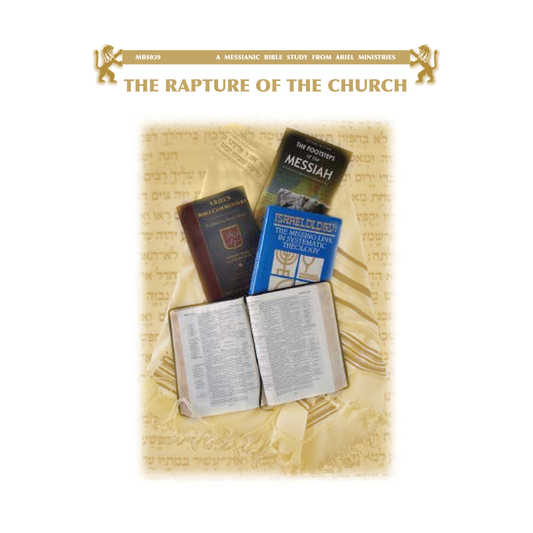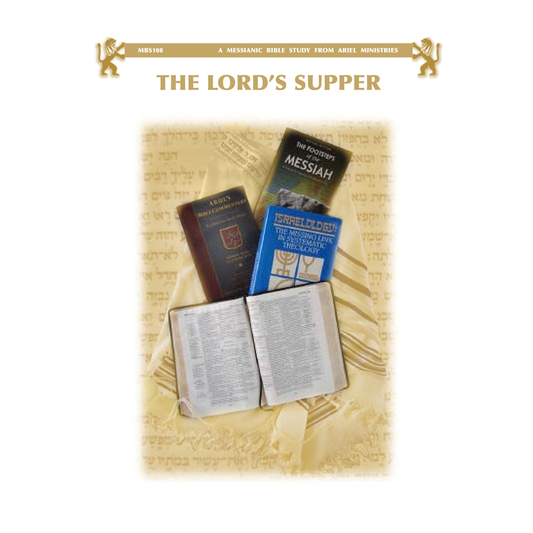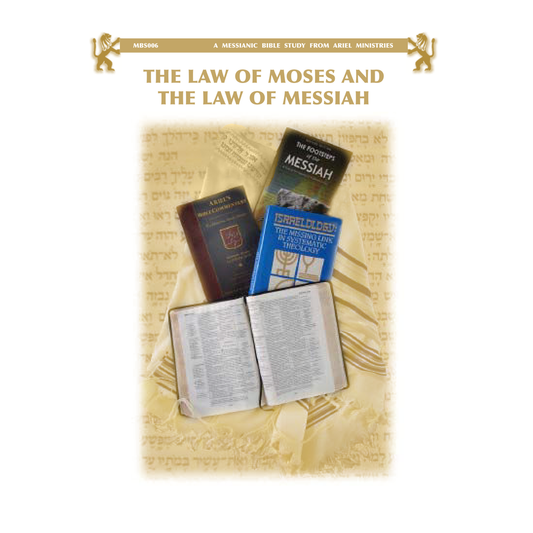DEBT
The fifth major category of “The Spiritual Life and Ethics” is debt. There are believers who teach that it is always wrong to owe money to anybody and, therefore, a believer must never use credit cards. He must always pay in cash, always get rentals, never buy something unless he can pay for it totally. They will not buy anything on a time-plan, nor mortgage a house. This will be discussed in three parts.
A. The Key Passage
The first part is the key passage that is often used against any form of debt, Romans 13:8: Owe no man anything, save to love one another: for he that loves his neighbor has fulfilled the law.
In the Greek text, this passage has a double negative, emphasizing that it is emphatic: Owe no man anything in any way! So, basically, this verse does teach against debt.
B. The Definition of Debt
The second part is the definition of debt. “What is a debt?” Debt exists where liability, what is owed, exceeds assets, funds used to pay what is owed. If the annual budget shows a deficit, it means that the family is in debt. If during some months the bills exceed the income because of taxes or insurance, then income during other months must exceed the bills in order to balance the budget. This type of temporary indebtedness does not violate the biblical principle. The debt remains until the account is settled, but this is not sinful in and of itself. Insofar as a mortgage is concerned, you are not really in debt until the next payment becomes due. Debts only become sinful when they exceed your ability to pay them. That is what is meant by debt.
C. The Biblical Principles
The third part is the biblical principles. In light of what the Bible demands about indebtedness, in light of the definition of what indebtedness is, what are the biblical principles in dealing with debts? There are three biblical principles.
1. Debt is Slavery
The first biblical principle is that you must see debt for what it is, slavery. If you are indebted, meaning that you no longer have the ability to pay what you owe, you are a slave (Lev. 25:39–41; Prov. 22:7; Mat. 18:25–30).
2. Covetousness Leads to Indebtedness
The second principle is the fact that covetousness will often lead you to unnecessary debts. In fact, covetousness is what causes most people to fall into indebtedness, where they reach beyond their limits of being able to pay back and therefore must file bankruptcy. According to Colossians 3:5: covetousness … is idolatry.
Every believer must learn how to draw a distinction between necessity and want. It is amazing how many people confuse that which they want with what they need. In American materialism, it is very easy to confuse the two. Wants are all right if they are affordable. However, do not confuse priorities. It is all right to buy something if it is affordable, but even if it is affordable, do not confuse your priorities.
How can you know whether you can afford something or not? You can know in four ways. First, for economic reasons: if you do not have the money for it, you cannot afford it. A second way of knowing is for priority reasons: the money is there, but it is not a priority; you may need this money for something of greater and more important priority. A third way to know is for stewardship reasons: is something being thrown out for replacement because it is worn out or because it is out of style? The fourth way to know is for spiritual reasons: will it keep me from spending time in church, coming together with fellow-believers? Will it cause me to cut back on my giving? If meeting your wants causes you to cut back on your giving to the work of the Lord, you do not need it, and you cannot afford it. Covetousness is idolatry and covetousness leads to unnecessary debts.
3. Plan Wisely
The third biblical principle is to plan wisely. In planning wisely, let me mention two things.
a. Balance
The first thing is balance. The balance is: trust God and plan wisely. We should trust God to meet our needs, but we are responsible to plan wisely. We should plan wisely for our children (2 Cor. 12:14); for our household (1 Tim. 5:8); and for our business (Jas. 4:13–15).
b. Guidelines
Secondly, there are four guidelines for your budget. The first guideline is to plan for the whole year. Figure out what your monthly deficits are and what your yearly payments need to be. Distinguish between monthly payments; such as, rent or mortgage or car payments, and yearly payments; such as, insurance, and work out these things. Make your plans for the whole year.
The second guideline is to postpone minor purchases when possible in order to pay off debts in full and avoid interest charges. There is nothing wrong with paying interest charges, but they do take away more money from you. So instead of a monthly charge with interest, put that money into savings where you are collecting interest. You may have to put off buying certain things, but that is fine; you will get them eventually anyway and be debt free.
The third guideline concerns major purchases. If at all possible, try to pay in full. If you can pay for a house in full, do it. It you can pay for a car in full, do it. Most of us cannot do that; we do not get paid that well. Instead, try to give a large down payment, which will keep the interest down. That will allow your monthly payments to be within the realm of possibility, in accordance with your budget. As far as your mortgage is concerned, if at all possible, try to keep it within one-third of your total take-home pay. Keep careful track of your discretionary income, the income that is left after all the monthly commitments are paid, including housing, clothing, and food, because these funds may be needed later on.
The fourth guideline is that if you are “over your head” in debt, try to get out to the point that all monthly payments are manageable. That means to quit using your credit cards and pay cash. If need be, take out a loan to consolidate all your debts into one small, affordable, monthly payment.
Excerpt from Dr Arnold Fruchtenbaum:
MBS141 THE SPIRITUAL LIFE AND ETHICS: Pg 30-32





